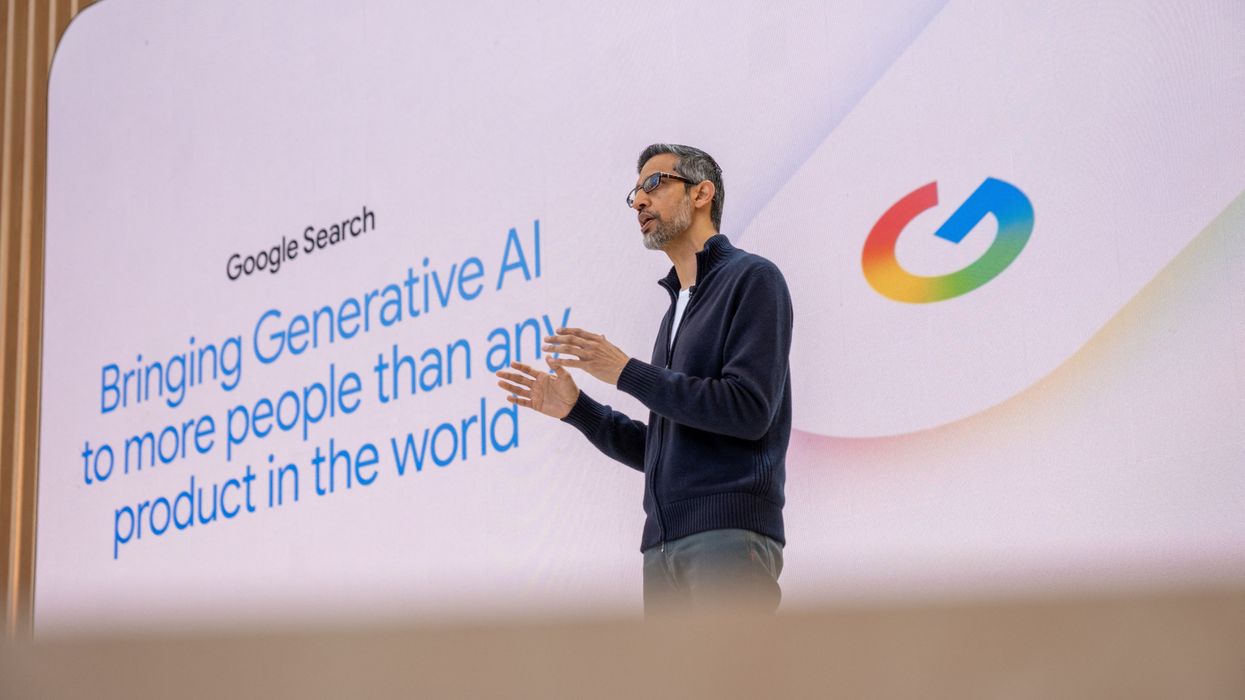Highlights:
- Google’s AI Mode in Search is expanding to more than 180 countries, up from its limited rollout in the US, UK and India
- A new “agentic” feature allows users to find and book restaurant reservations using natural language prompts
- Additional tools for event tickets and service appointments will be added soon
Google has announced a major expansion of its AI Mode in Search, making the feature available in over 180 countries. The service, which was previously limited to the US, UK and India, introduces new capabilities including restaurant booking through conversational prompts.
New features
The update brings an “agentic” restaurant finder that allows users to request dinner reservations using natural language. Criteria such as group size, date, location and cuisine preferences are factored into the results. Suggestions are displayed in a list with available time slots and direct links to booking pages.
Google confirmed that it will extend this functionality further, with event ticketing and local service appointment booking tools on the way. Ticketmaster and StubHub are among the confirmed partners.
How it works
AI Mode uses Google’s experimental browsing agent, known as Project Mariner, in combination with data from Google Maps, Knowledge Graph and external booking partners. For restaurant reservations, it has partnered with services including OpenTable, Resy and Tock to integrate as many options as possible.
The feature is currently limited to subscribers of the premium Google AI Ultra plan in the US, available through Google Labs. Opted-in users can also allow the system to remember past searches and conversations for more personalised recommendations.
Collaborative use
Google is also adding a new sharing option. Users can invite others into an AI-powered conversation by generating a link, allowing contacts to join at a specific point and continue the discussion with their own questions. The feature is designed to support collaborative tasks such as planning trips or organising events. Shared links can be deleted at any time by the original sender.





